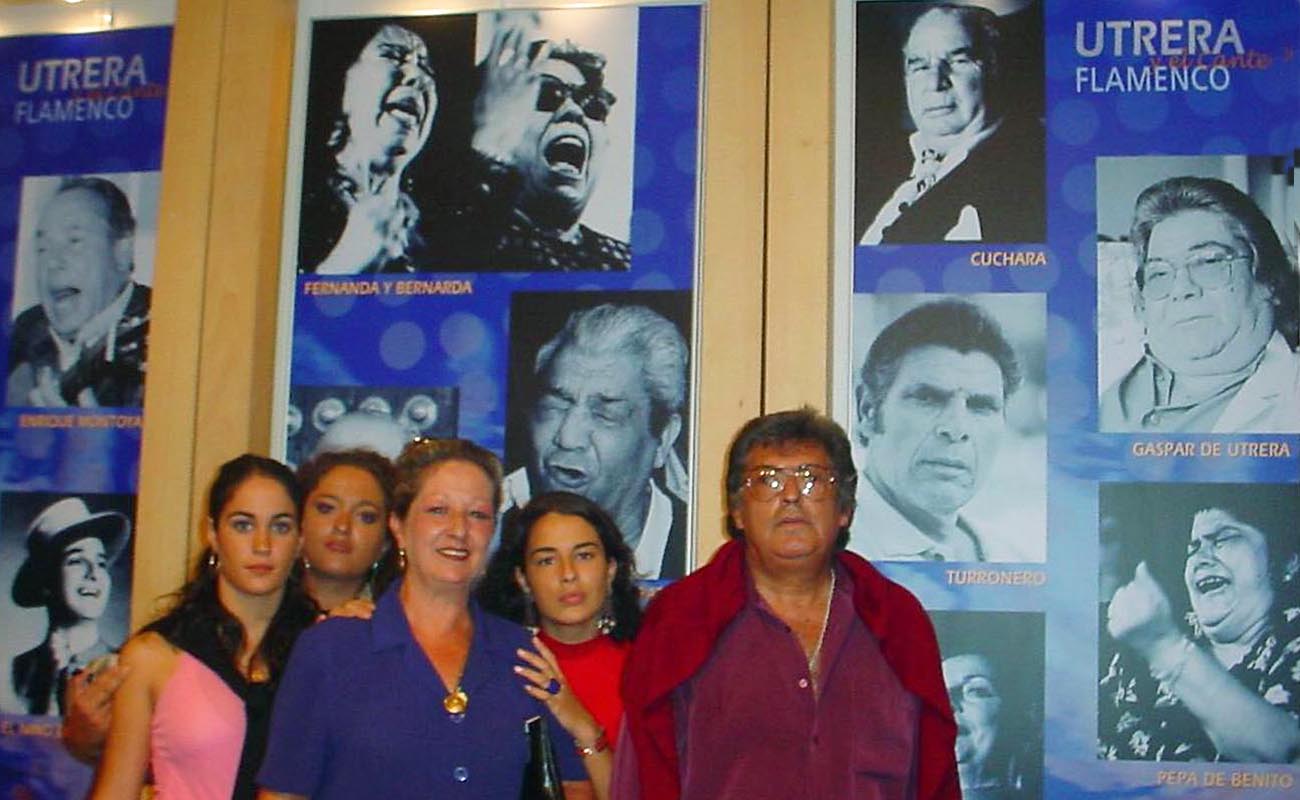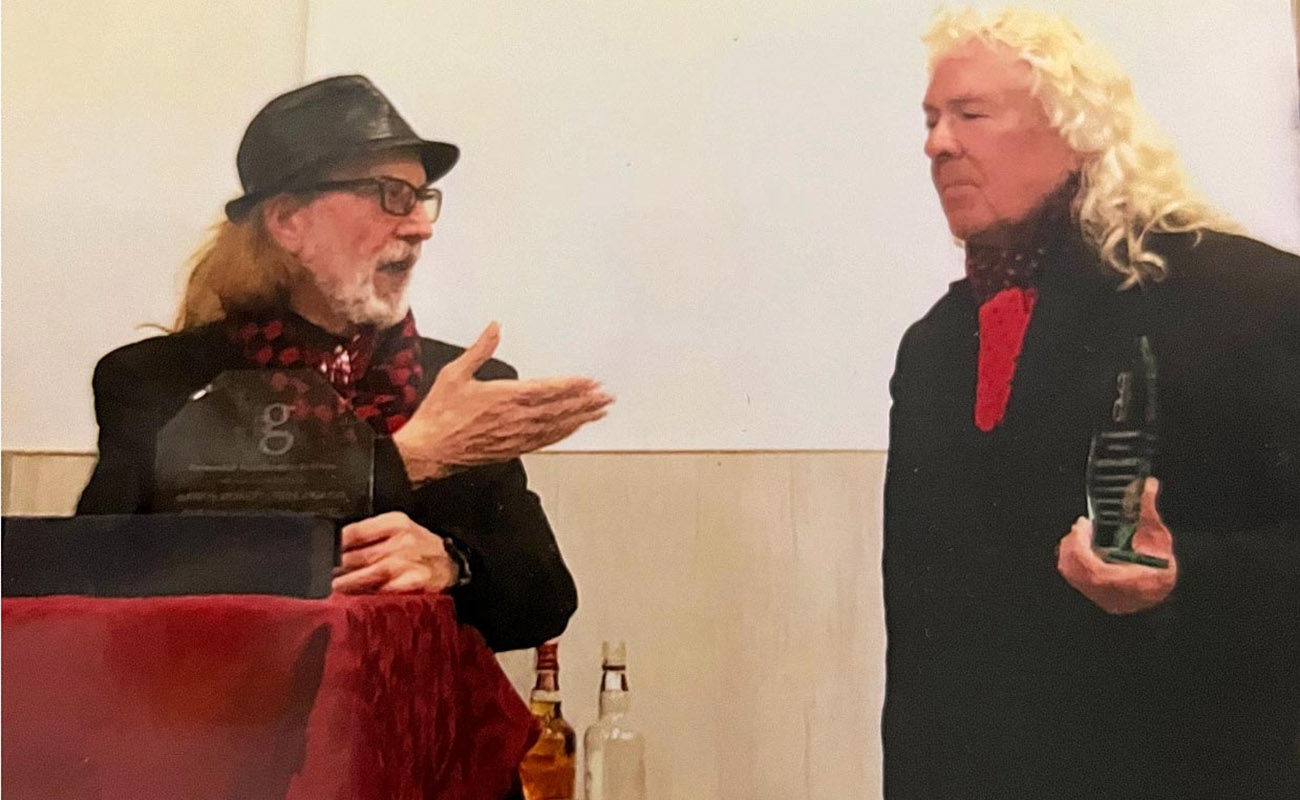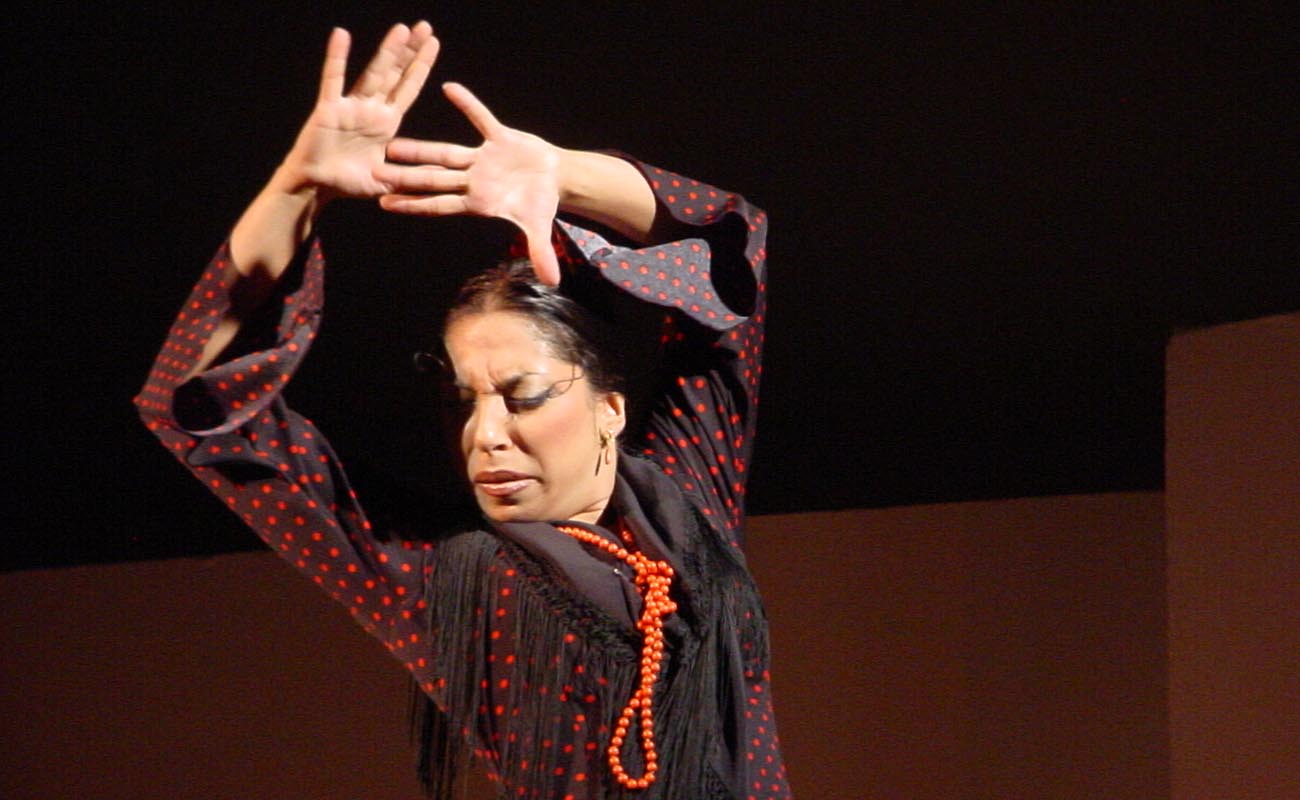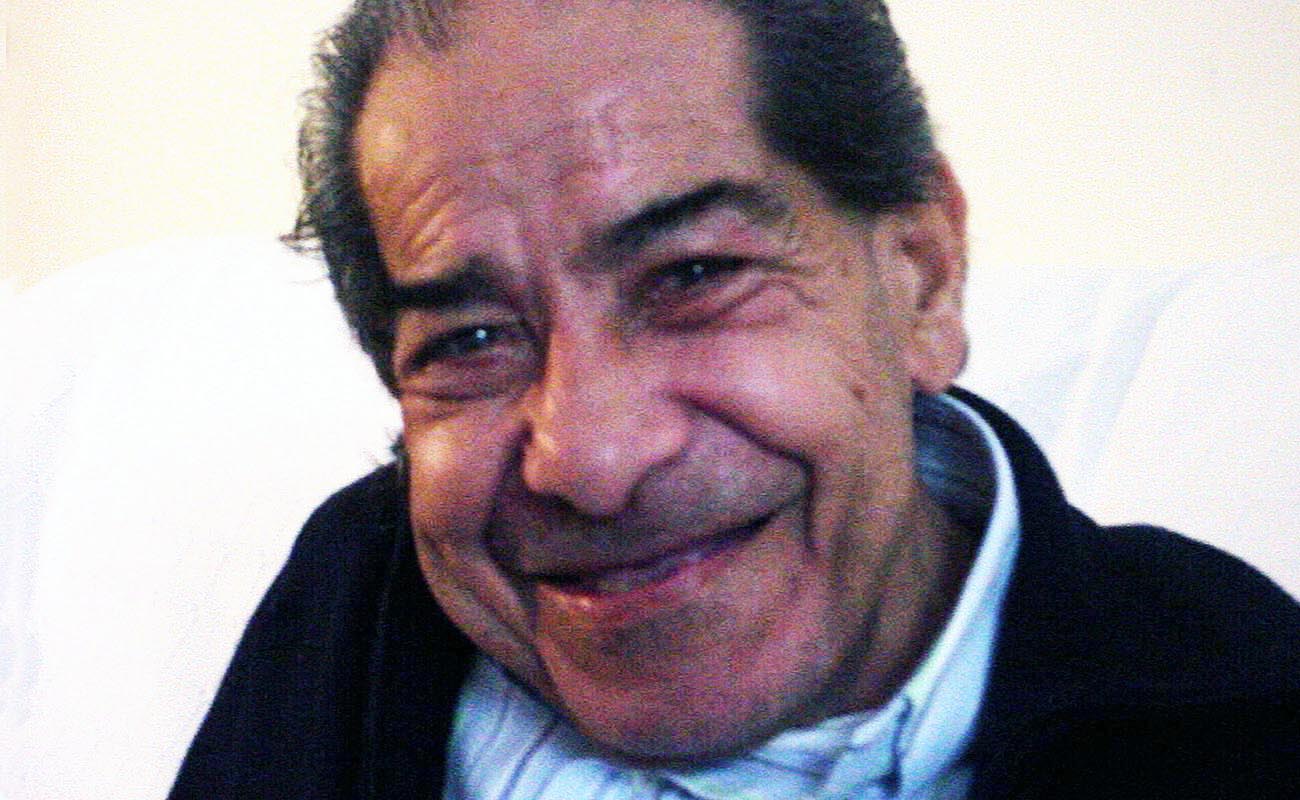Loss, remembrance and continuation
A very dear friend in Utrera has taken the train of never-ending compás, and I wasn’t even able to wish him a good trip.

With the year racing inevitably to its closure, I ought to be reviewing the main events of the last 12 months, to communicate important and profound observations, despite this feeling of emptiness. Since the people who run Expoflamenco allow me a lot of slack (God bless them), I’m pulling the flamenco thread that holds things together in a particular way for us ardent followers of the art-form, to propose for a few minutes that we remember loved ones and admired artists we’ve lost this year, each one of us with his or her particular list.
A very dear friend in Utrera has taken the train of never-ending compás, and I wasn’t even able to wish him a good trip. An amateur singer all his life, with a tasty bulerías dance, he defended the most traditional sort of flamenco. What was his name? Like so many millions of Spaniards: Manuel. Surname, Requelo. I met him 52 years ago in the wee hours of Holy Friday as we were singing bulerías to the Gypsy Virgin of Utrera who was carried down the Calle Nueva where Pinini, according to the famous verse, would cause such a sensation whenever he came around inebriated.
Poor Manuel, he wouldn’t attend funerals, said they brought bad luck, but even that couldn’t save him. We were in our twenties, and every weekend someone was getting married or baptized with corresponding fiestas or spontaneous get-togethers held in warehouses or garages with bare light-bulbs hanging, and the aperitif would most likely be potato chips. With all the singing and dancing, you barely noticed the lack of heating…or air-conditioning, as the case might have been. Glorious bare-bones scarcity, typical of the era, worn with dignity and served “como la sal al guisao”, (“like salt for the stew”), another well-known line of flamenco verse.
Manuel had a way of knowing how to seat people at gatherings in order to optimize the atmosphere for those who would sing. One unspoken “rule” was that each person present would do something, a bit of singing, a bulerías bit, even recitation (which used to be fairly common), a moment for each individual so that there were no spectators, and no applause. I remember on one occasion, in the intensity of a bulerías moment, Manuel approached a fragile elderly lady in a wheel-chair, lifted her up and had her “dance” without touching the floor, causing her to laugh until she cried, as I now cry remembering the moment.
When I began to write, Manuel loved to suggest possible topics. I confess I paid little attention until one day he says “La Zangarriana…you have to write about the fiestas there used to be at the Zangarriana!”, which was a large finca where labor was always in short supply, and many people from Utrera and elsewhere went to work the fields. After asking around, and at the insistence of investigator Luis Soler, I wrote about the life and flamenco atmosphere in field-workers’ primitive barracks of the post-war, thus filling in a chapter of the recent history of the art-form.
We can never know who may contribute their instinctive wisdom, or allow us to understand certain episodes of life. I’m now seeing many messages in Facebook honoring the memory of Manuel Requelo, and understand he managed, in his way, to enrich the flamenco life of the present generation.
Every flamenco follower has had to assimilate the loss of admired individuals who lovingly paved the way for the rest of us. Let’s remember them right now with the joy of knowing that no, flamenco is not “broken”, not even out of order, it’s always there to fill in the empty spots of the soul. Happy flamenco fiestas to everyone.




